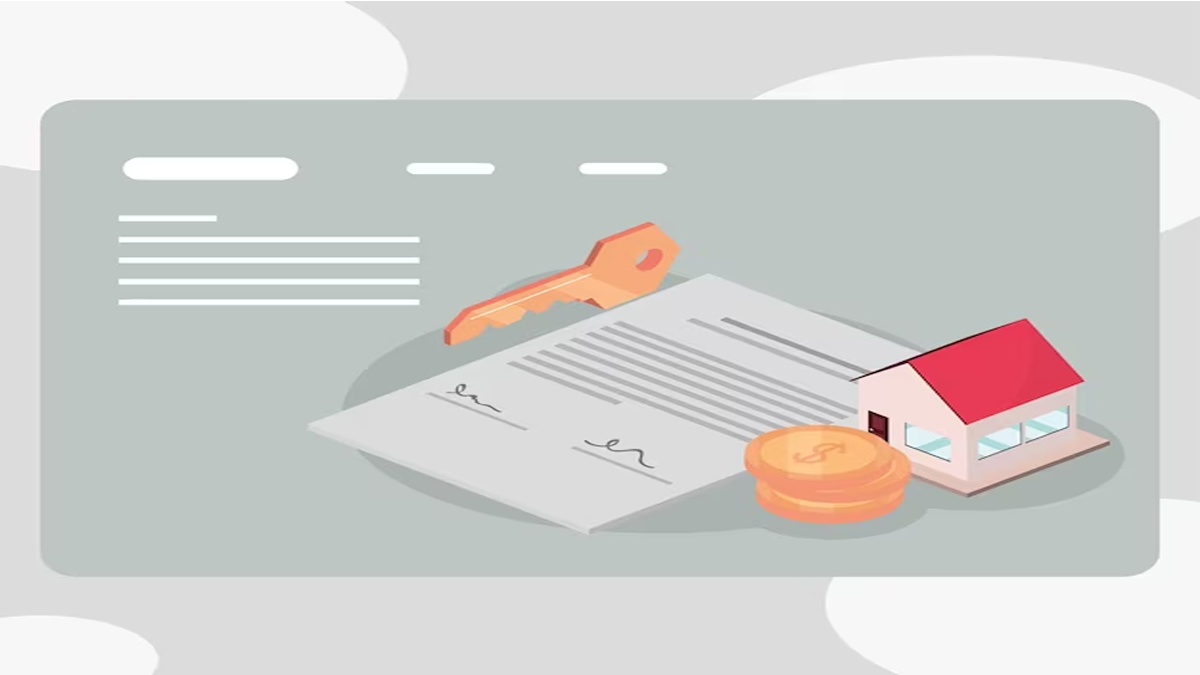In India, the partition deed can be challenged in court under certain circumstances. A partition deed is a legal document that outlines the division of property among co-owners or family members who have jointly owned the property. If any of the parties involved in the partition deed feel that their rights have been violated or there are discrepancies in the partition process, they may choose to challenge the deed in court.
Here are some common grounds on which a partition deed can be challenged in court in India:
- Lack of free consent:
If it can be proven that one or more parties involved in the partition deed did not give their free and voluntary consent, the deed may be challenged. Coercion, undue influence, fraud, misrepresentation, or any other factor that compromises the free consent of a party can be grounds for challenging the deed. - Invalid execution:
A partition deed must adhere to certain legal requirements for its execution. If it is found that the deed was not executed properly, such as lacking proper signatures, attestation, or registration, it can be challenged in court. - Mistake or fraud:
If there is evidence to suggest that the partition deed was based on a mistake of fact or that it was executed due to fraudulent activities, it can be challenged. For example, if one party was misled about the value of the property or if there was concealment of material information, the deed may be contested. - Undue advantage or unfairness:
If the partition deed results in one party receiving an unfair or disproportionate share of the property, it may be challenged on the grounds of undue advantage or unfairness. This could happen if one party was in a position of dominance or authority that led to an unjust division of the property. - Co-ownership disputes:
In some cases, disputes may arise regarding the ownership or title of the property itself. If there are conflicting claims or disputes over the ownership rights, the partition deed can be challenged in court to resolve these issues.
It’s important to note that challenging a partition deed in court can be a complex legal process. It typically requires filing a lawsuit or petition in the appropriate court and presenting evidence to support the grounds for challenging the deed. It’s advisable to consult with a qualified lawyer who specializes in property law to understand the specific legal options and procedures applicable to your situation.
